Understanding Constipation: What You Need to Know
Jan 16, 2025
Constipation is one of those topics people hesitate to discuss, but it affects millions worldwide. In fact, nearly 16 out of every 100 adults experience symptoms of constipation, with the number rising to 33 out of 100 in individuals aged 60 and above. Yet, despite being so common, there’s a lot more to constipation than most people realize. Let’s explore some surprising facts, debunk myths, and understand when it’s time to seek medical help.
What Is Constipation Really?
While most of us equate constipation with infrequent bowel movements, the medical definition goes beyond that. Constipation includes symptoms like:
- Hard or lumpy stools.
- Straining during bowel movements.
- A sensation of incomplete evacuation.
- Fewer than three bowel movements per week.
But here’s the catch: you don’t need to have all these symptoms to be classified as constipated. Even if one or two occur persistently, it might indicate chronic constipation.
Why Does Constipation Happen?
There’s no one-size-fits-all answer. Factors contributing to constipation range from dietary habits to medical conditions. Here are some lesser-known causes:
- Dehydration
- Most people focus on fiber intake but underestimate the role of hydration. Without enough water, fiber can turn into a hardened mass in your intestines, making it harder to pass stools.
- Medications
- Painkillers, antidepressants, and even certain supplements like iron can slow down bowel movements. Always review your medications if constipation becomes a persistent issue.
- Pelvic Floor Dysfunction
- This is a less-discussed but significant cause. If the muscles in your pelvic floor don’t coordinate properly, it can make bowel movements difficult or even painful.
- Hormonal Imbalances
- Conditions like hypothyroidism or pregnancy can disrupt the hormones that regulate your digestive system, leading to constipation.
- Stress and Anxiety
Surprising Facts About Constipation
- Toileting Habits Matter
- Did you know that how you sit on the toilet can impact bowel movements? Squatting or using a footstool to elevate your legs can help align your rectum for easier passage of stools.
- Gut Microbiome Plays a Role
- Emerging research shows that an imbalanced gut microbiome can contribute to constipation. Probiotics and prebiotics may help improve bowel movements over time.
- Ignoring the Urge Can Make Things Worse
- Resisting the urge to go can lead to a cycle of constipation. Over time, your body’s natural signals may weaken, making it even harder to have a bowel movement.
- Not All Fiber Is Equal
- While fiber is essential, soluble and insoluble fibers work differently. Insoluble fiber adds bulk to stools, while soluble fiber helps them pass smoothly. Overloading on one type can sometimes worsen symptoms.
When Should You See a Doctor?
Most cases of constipation can be managed with lifestyle changes. However, certain signs indicate that it’s time to consult a specialist:
- Blood in your stools.
- Sudden or severe abdominal pain.
- Unexplained weight loss.
- Symptoms persisting for more than three weeks despite dietary changes.
At Paras Hospitals, we offer comprehensive care for digestive health. Our specialists use state-of-the-art diagnostic tools to uncover the root cause of your constipation and tailor a treatment plan that works for you.
Practical Tips for Managing Constipation
If you’re looking to alleviate or prevent constipation, here are some actionable strategies:
- Revamp Your Diet
- Increase fiber intake gradually to avoid bloating.
- Include foods like oatmeal, flaxseeds, and leafy greens.
- Stay Hydrated
- Aim for at least 8-10 glasses of water a day. Herbal teas and broths also count.
- Move Your Body
- Regular exercise stimulates bowel activity. Even a 15-minute walk after meals can make a difference.
- Set a Routine
- Train your body by setting aside time each day for bowel movements. Mornings work best for many people.
- Over-the-Counter Help
- Mild laxatives or stool softeners can provide temporary relief but should not be relied on long-term.
Why Choose Paras Hospitals for Digestive Health?
Constipation may seem trivial, but chronic cases can point to underlying health issues that need expert attention. At Paras Hospitals, we specialize in:
- Advanced diagnostic techniques like colonoscopy and motility tests.
- Personalized treatment plans, including dietary guidance and medication.
- Multidisciplinary care with gastroenterologists, dietitians, and physical therapists.
Don’t let constipation disrupt your life. Book a consultation at Paras Hospitals today and take the first step towards better digestive health!
Conclusion
Constipation is more than an inconvenience; it’s a health signal your body is sending. By understanding its causes, making lifestyle adjustments, and seeking timely medical care, you can achieve optimal digestive health. Remember, you’re not alone, and help is just a call away.
Don’t let constipation affect your daily life. At Paras Hospitals, our digestive health experts are here to help you feel better and stay healthy. Call us today at 8080808069 to book your appointment and take the first step toward a healthier life!




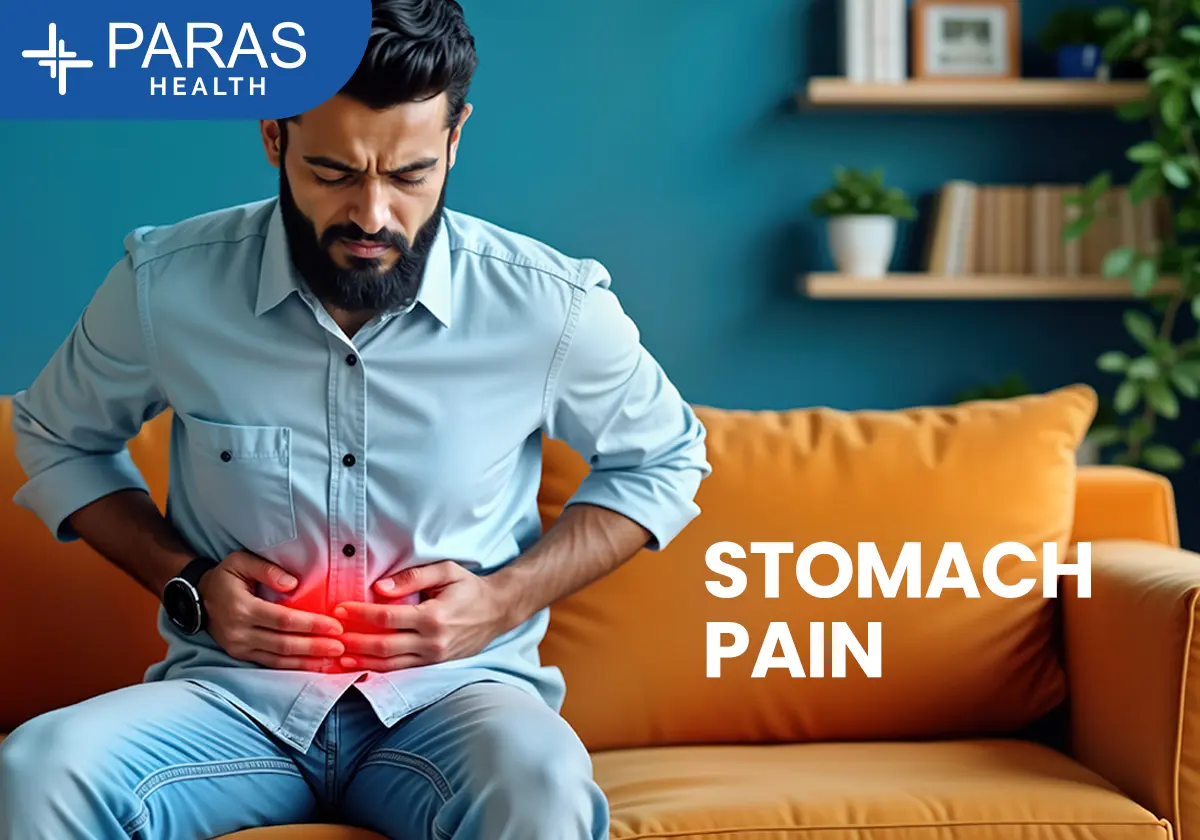
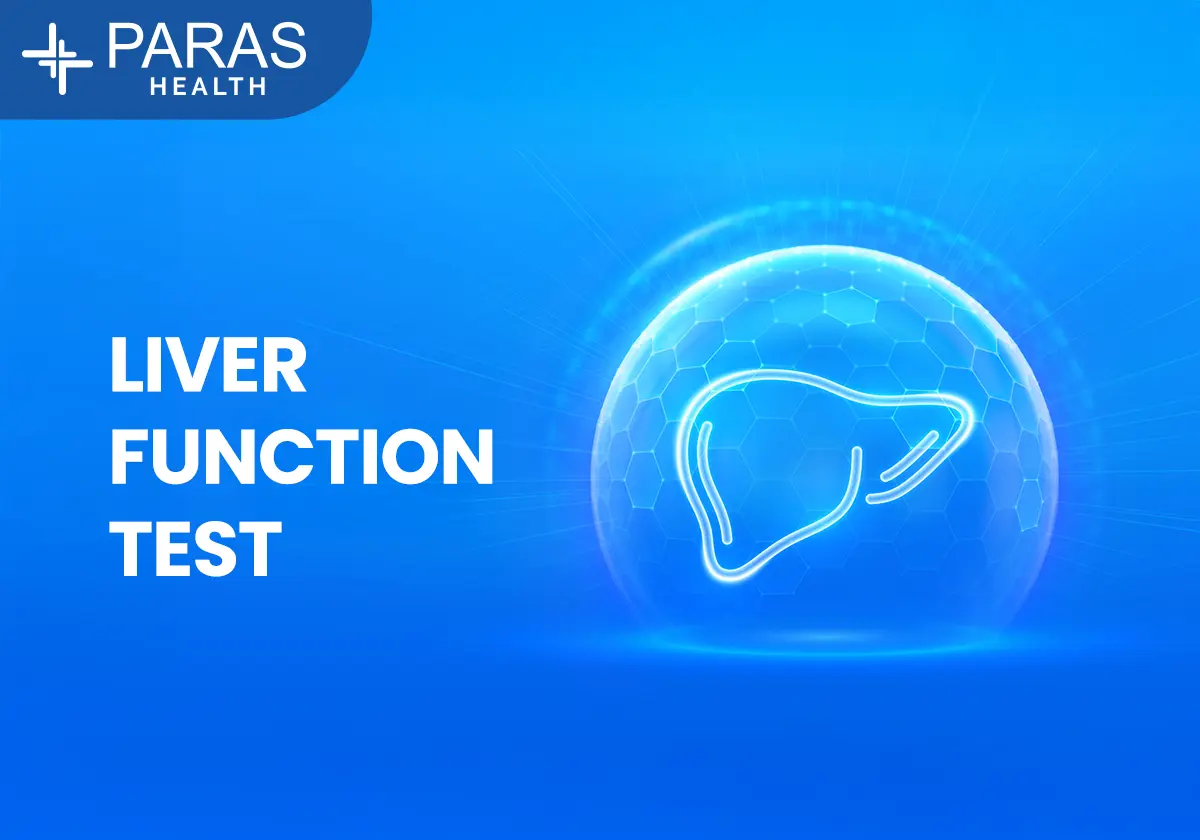
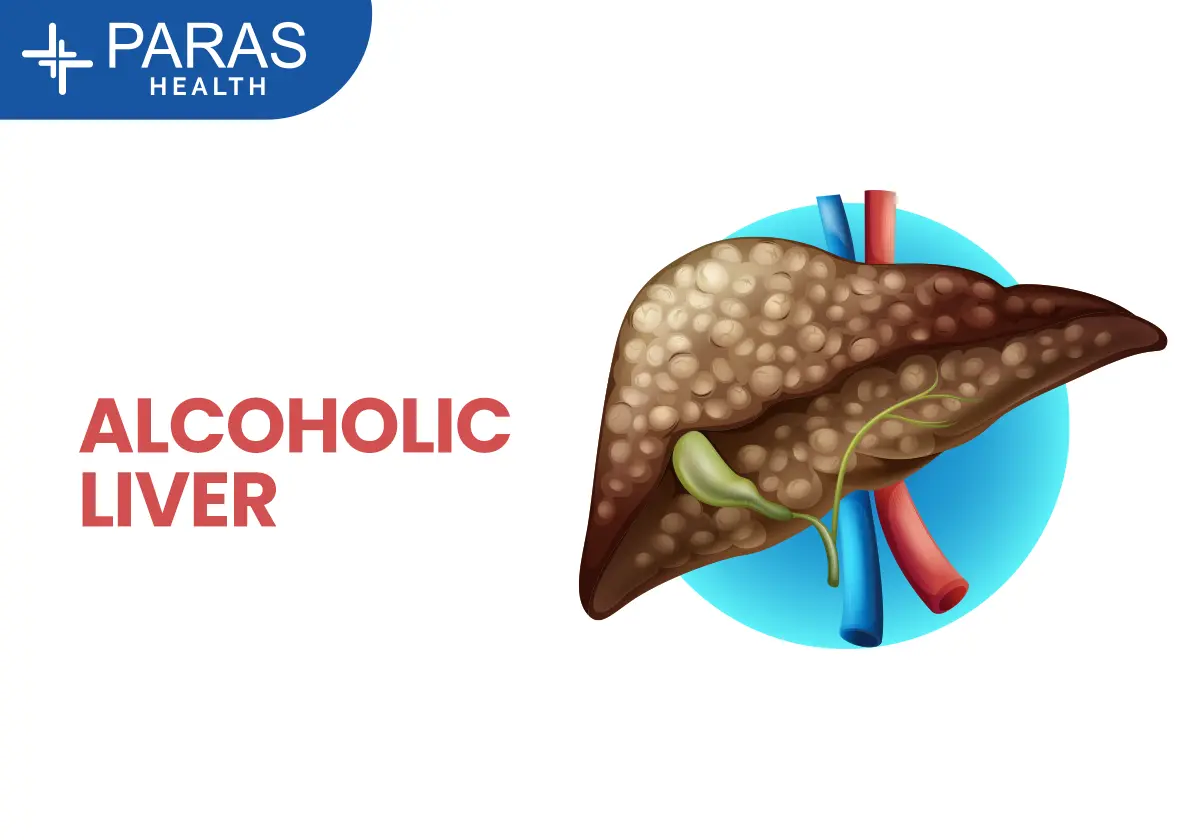
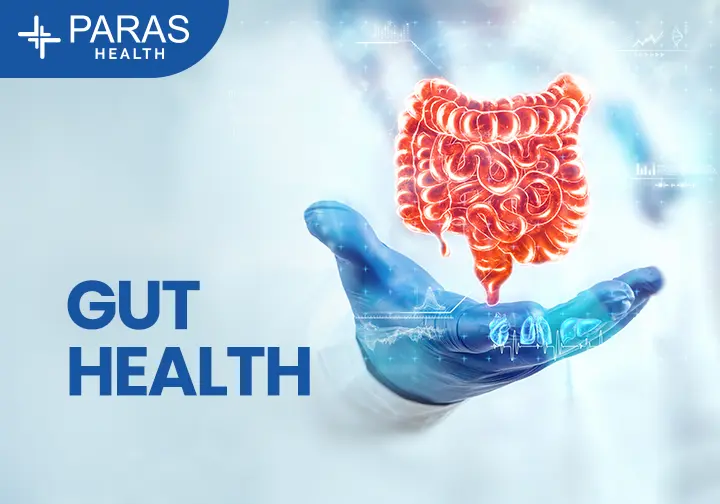
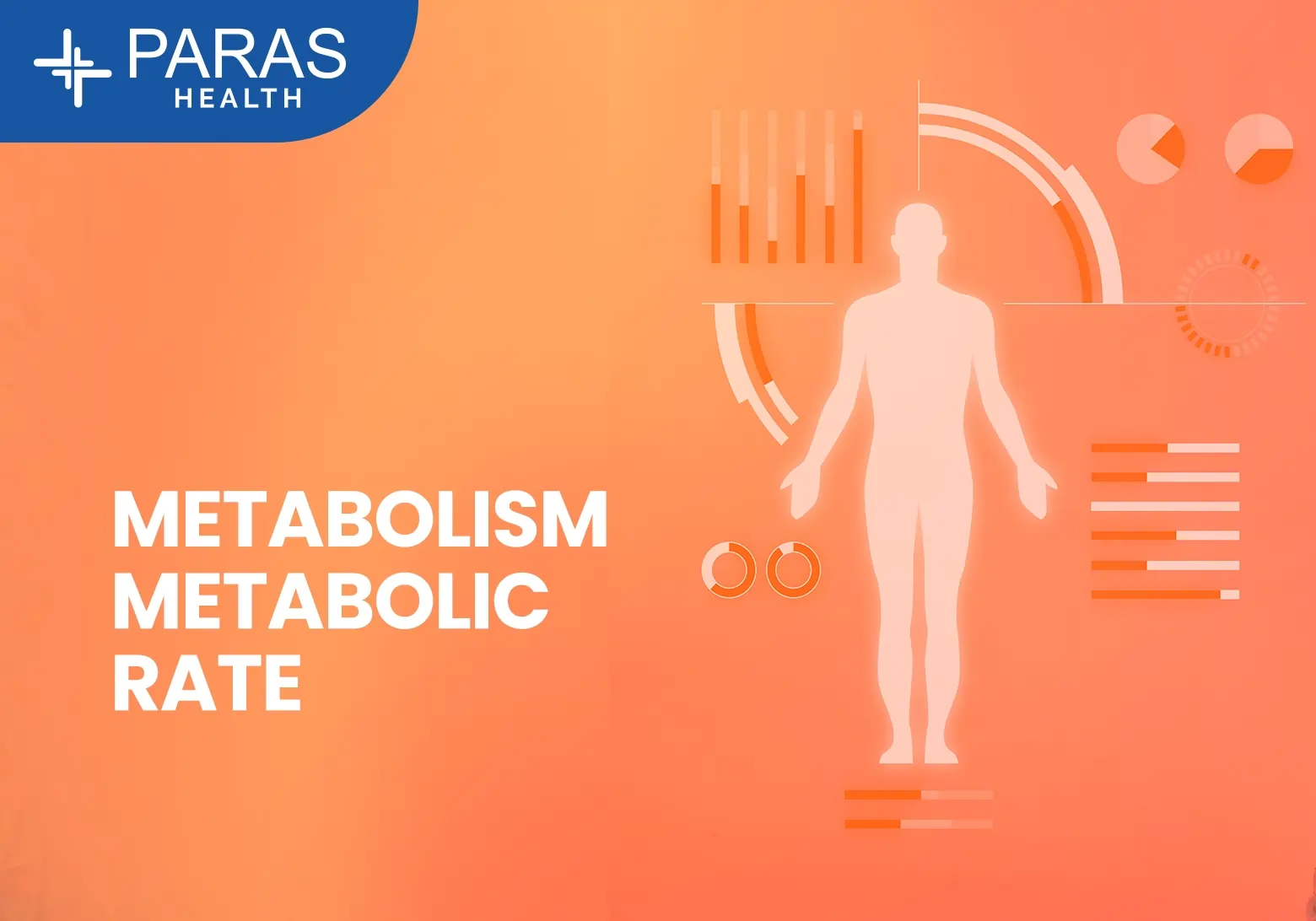
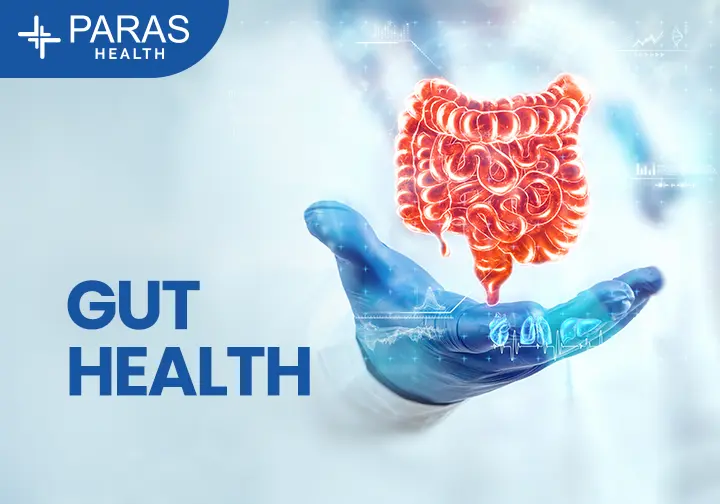
 Infectious Diarrhea Eng.webp)